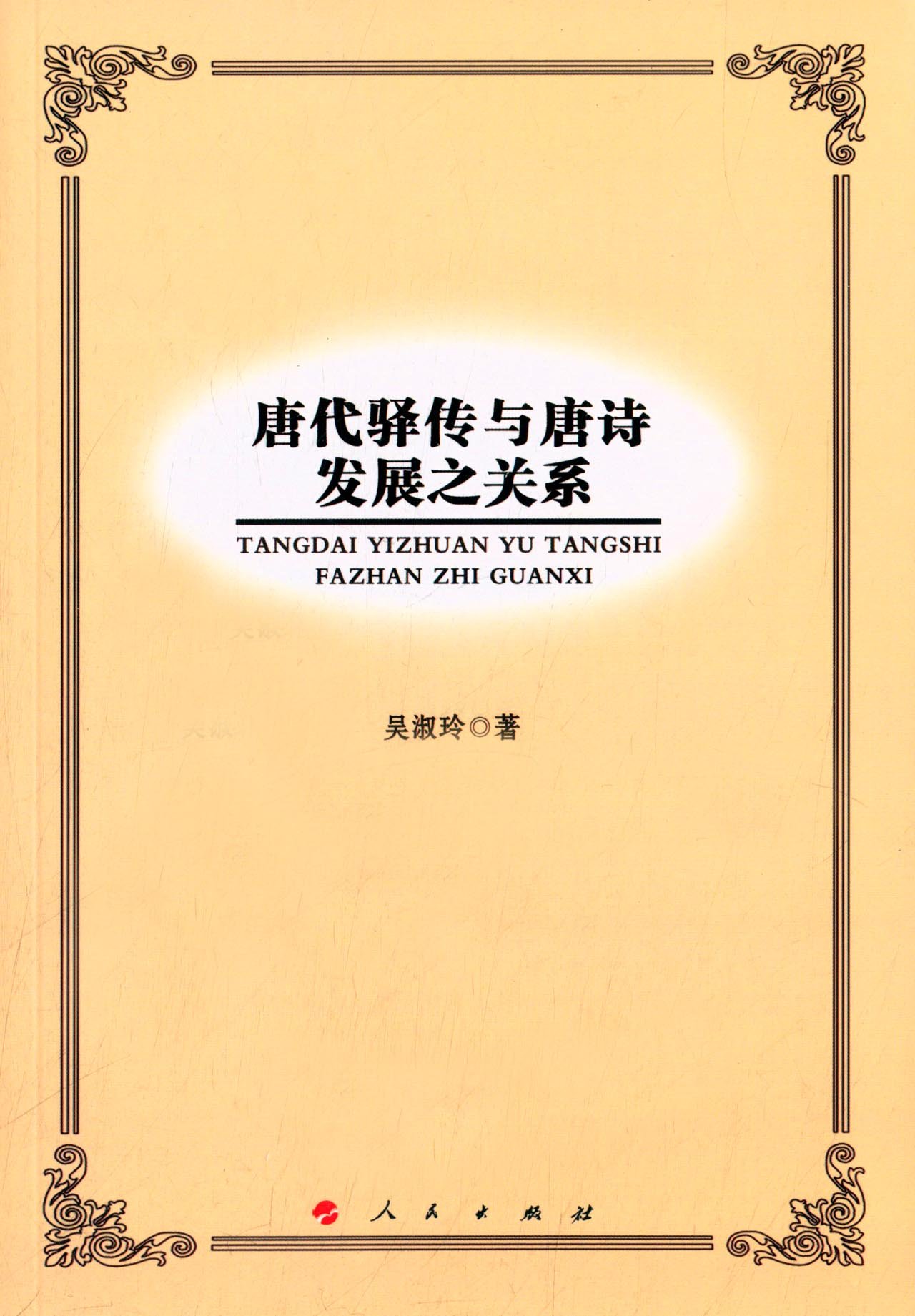Postal service prompted Tang poetry development

Postal Service and Tang Poetry Transmission
Author: Wu Shuling
Publisher: People’s Publishing House
The spread of poetry during the Tang Dynasty (618-907) by way of the ancient postal service represents an important subject when studying the development of Tang poetry. Research in this field has achieved some fruitful results but more remains to be explored.
Postal Service and Tang Poetry Transmission by Wu Shuling examines the content and artistic features of poetry created either on postal service roads or in posthouses, and the formation of poetry schools and fashion, as well as the impact of the postal system on poems, rendering the book distinct from previous works.
The author pointed out that poets rarely settled down in one location. There were a number of reasons for this, such as the ups and downs in officialdom, which meant that it was common for them to be rushing about on postal service roads or taking a rest in the posthouses. However, each occasion when they arrived at or left a position represented a turning point in their lives, so their feelings were in a constant state of flux, separating their creations from the circumstances of their daily lives.
Travelling fatigue, homesickness, promotions or demotions, and social interactions often filled poets’ minds with surging thoughts and emotions, which they often poured out by writing poems. A close look at the different emotions and feelings of poets on the road can to a degree reveal their attitudes toward various aspects of social life during the Tang Dynasty.
Though the book goes into detail in some parts, it offers two broader insights. First, the postal service in the Tang Dynasty ensured immediate transportation between poets and contributed to the spread of the poetry, and it also served as a bridge between the poets at great distances and assisted them in forming poetry groups and shaping fashions of the time.
Second, the rapid delivery of the poems meant that styles could be quickly updated. Whenever a new poetic style came out, it would quickly be spread all over the empire in a very short period, affecting both poets in the same era and later generations. Postal service roads covered nearly every corner of the empire, enhancing the influence of Tang poetry. Manuscripts of Tang Poems in Dunhuang (Dunhuang Tangshi Xieben) is an example of this.
If the author could further include studies of the role of postal transmission as it relates to each poetry genre, the book would be more concrete.
Zhan Furui is a professor from the School of Literature at Capital Normal University.
